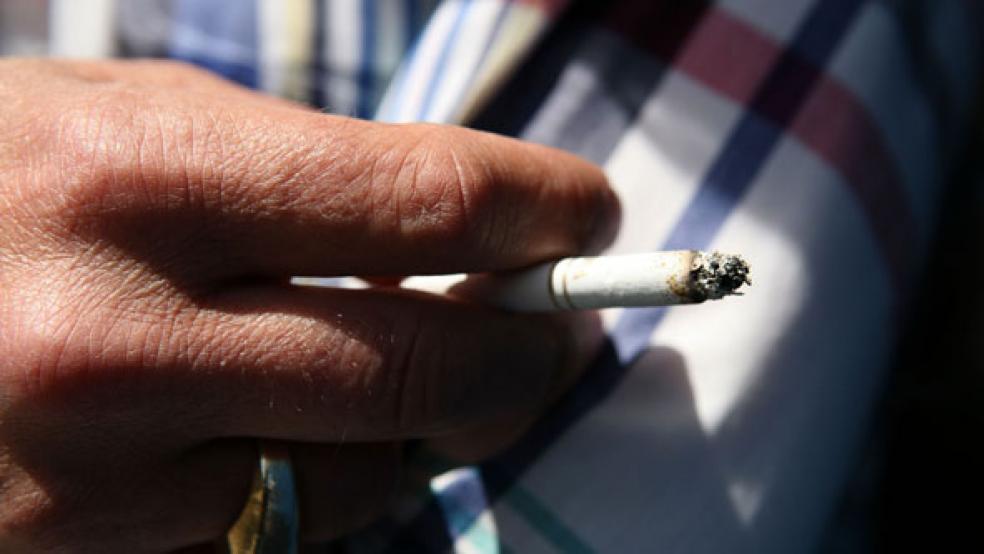Cash-strapped states could raise more than $9 billion annually by increasing tobacco taxes in a relatively painless, healthful and voter-friendly levy, according to a new report. But tobacco companies suggest the money raised may not match expectations.
By increasing cigarette taxes by $1 a pack, the states could raise revenue to help close severe budget shortfalls, while also reducing smoking and improving health, according to a report by a coalition of public health organizations. A national poll released along with the report this week found that 67 percent of voters support a $1 tobacco tax increase, and prefer that tax to other revenue-raising options.
According to the Campaign for Tobacco-Free Kids, one of the organizations that released the report, estimated state tobacco tax revenues could total $17 billion in the current fiscal year, while the federal tobacco tax is projected to raise $13.2 billion. The organization also estimated that for every 10 percent increase in the price of cigarettes, youth smoking (under-18) drops by approximately 6.5 percent, smoking among pregnant women drops by a similar rate, and overall consumption declines by 3 to 5 percent.
“This report shows that raising tobacco taxes is truly a win-win-win for the states," said Matthew L. Myers, president of the Campaign for Tobacco-Free Kids. "It is a budget win that will help protect vital programs like health care and education, a health win that will prevent kids from smoking and save lives, and a political win with the voters.”
But Bill Phelps, spokesman for tobacco company Philip Morris USA, maintained that cigarette tax increases don’t always meet expectations when they are implemented to fill a hole in the budget. He said his company did a survey that showed that of 67 state cigarette tax increases approved from fiscal 2003 to fiscal 2006, 45 did not raise expected revenue.
He said when taxes go up, smokers look for other places to buy their cigarettes, whether in a nearby state or illegally. “At a time when the economy is already suffering and small businesses are struggling, to consider a tax that sends business across state lines and revenue across state lines doesn’t make a lot of sense,” Phelps said.
The report, “Tobacco Taxes: A Win-Win-Win for Cash-Strapped States,” was released by the Campaign for Tobacco-Free Kids, the American Cancer Society Cancer Action Network, the American Heart Association, the American Lung Association and the Robert Wood Johnson Foundation. The full report is available at http://www.tobaccofreekids.org/winwinwin.

